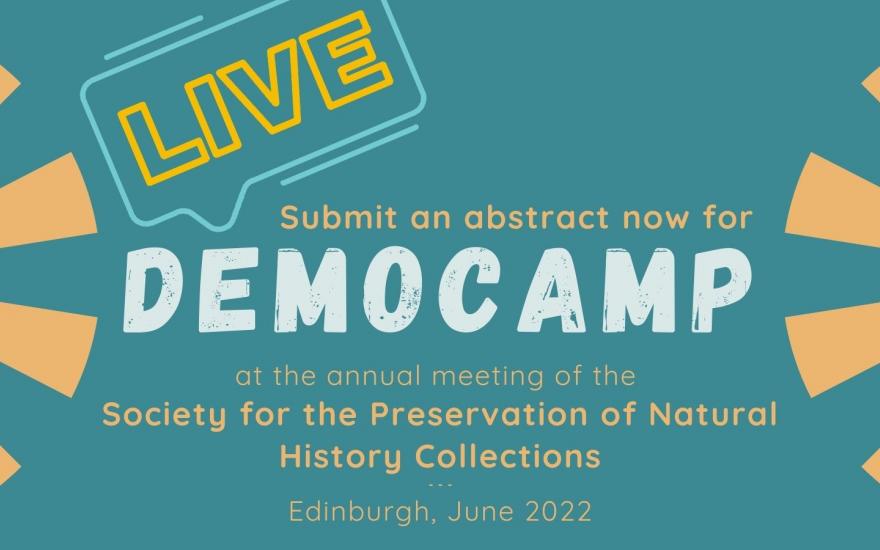TORCH 2022 Summer Student Internship EXTENDED DEADLINE
The NSF-supported Texas and Oklahoma Regional Consortium of Herbaria (TORCH) makes the information contained in natural history collections readily available to researchers, educators, land managers, and the general public. The TORCH project is digitizing and serving online the data from ca. 2 million herbarium specimens from the South-Central United States, unlocking the information from these collections with an array of scientific and societal benefits.
The project seeks a total of 20 interns for the summer of 2022 (June 6-August 12). The interns will participate in all aspects of specimen digitization, learn about herbarium collections management and the type of research that is conducted in herbaria, and carry out their own research project using herbarium specimens.
These internships will take place at five of the institutions that are collaborating on the project:
the Botanical Research Institute of Texas in Fort Worth;
the University of Oklahoma in Norman;
Oklahoma State University in Stillwater;
Texas A&M University in College Station; and
the University of Texas at Austin,
with four interns residing at each institution.
Working closely with a faculty/staff mentor at one of the five institutions, each intern will develop a scientific project utilizing digitized data, with 70% of their time devoted directly to digitization activities, including imaging specimens, transcribing specimen label data, and/or georeferencing. The remaining time will be spent on enrichment activities, including lectures and workshops about the technology and best practices of specimen digitization and curation, data collection and analysis, and poster preparation. Activities may also include field collection of plant specimens. The internship will culminate with the interns and their mentors attending the TORCH scientific meeting, in conjunction with the Texas Plant Conservation Conference, August 8-10 in Fort Worth, where the students will present the results of their projects in a poster session.
We particularly encourage applications from students whose participation will add to the diversity of researchers in botanical science, including students from underrepresented groups and first-generation college students.
For more information and for instructions on how to apply, please visit: https://www.torcherbaria.org/internship
The application deadline has been EXTENDED to Monday, February 14th, 2022 (from January 23rd).





